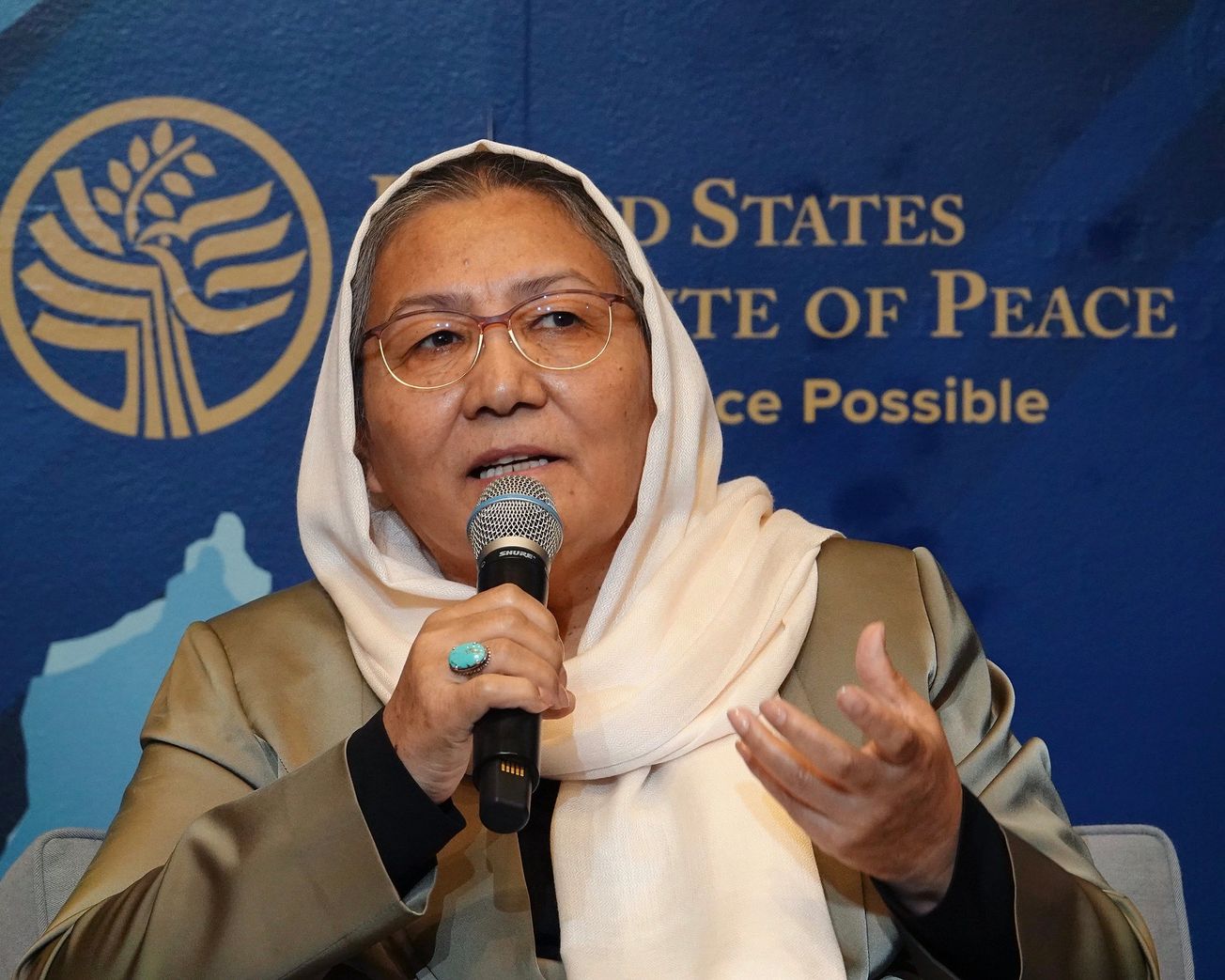The U.N. Security Council unanimously condemned the "unprecedented" restrictions that Afghanistan's de facto rulers imposed on women and girls, including a ban against working for the world body.
Not only has the ban undermined human rights, diplomats said, but also it has undercut humanitarian principles by compromising efforts by the U.N. and other organizations to deliver food and other essential aid to Afghans.









